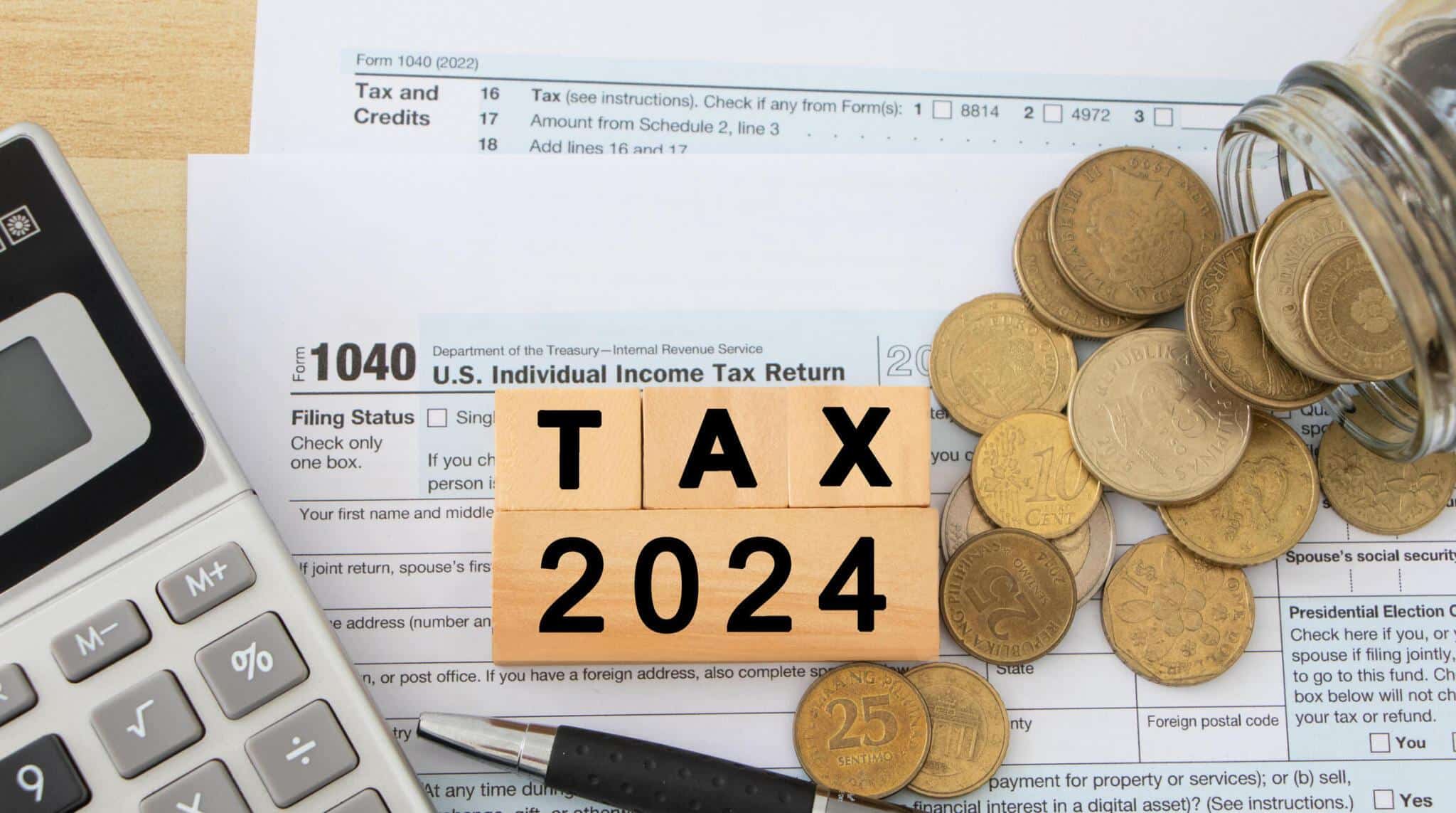In Australia, all employers are required to pay superannuation to their employees within a specific timeframe.
If you’re new to running a business or having staff members, here’s a rundown of your obligations in relation to paying superannuation in Australia.
Understanding superannuation obligations
In Australia, employers are required to contribute a percentage of their employees’ earnings into a superannuation fund. This contribution, known as the Superannuation Guarantee (SG), is intended to provide financial support for employees in their retirement. The current SG rate is 11%, calculated on the employee’s ordinary time earnings. This is set to rise to 11.5% in the middle of 2024, and continue increasing until it reaches 12% in 2025.
Key rules for super payments:
- Payment frequency: There is some flexibility in the frequency of the superannuation contributions you make for your employees, but they must be at least quarterly. You can make weekly, monthly or fortnightly contributions if you wish, but whichever frequency you choose, you should remain consistent for the benefit of your employees.
Note that the system is set to change to ‘payday’ super in 2026, where employees will receive their super on the day they are paid. - Minimum SG contributions: You must ensure that you are calculating your employees’ minimum contributions correctly. Contributions are calculated on each employee’s earnings base and must be correctly met in order to comply with SG requirements. If you have employees working shifts and earning penalty rates, think about hiring a bookkeeper to help calculate super.
- Payment deadlines: You must make your employee’s super contributions by specific deadlines. Whatever frequency you choose to pay, payments must all be made by the 28th day of the month following the end of the quarter. Failing to do so may incur penalties.
- Choice of super fund: While employees have the right to nominate the super fund of their choice, you must offer them a default fund as an employer. It is your responsibility to your employee’s fund, whether it is the one you recommend or one of their choice.
The consequences of non-compliance
Failing to do so can result in severe penalties because you are legally obliged to meet SG requirements.
Penalties and charges: Failure to meet superannuation obligations can result in penalties and charges. The Australian Taxation Office (ATO) closely monitors compliance, and employers found in breach may face financial penalties, which can accumulate over time.
- Interest accumulation: Besides penalties, employers who do not make super contributions on time may be required to pay interest on the unpaid amounts. The interest is calculated from the beginning of the quarter in which the contributions were due.
- Legal action and prosecution: Persistent non-compliance can lead to legal action and prosecution. The ATO has the authority to take legal measures against businesses that consistently fail to meet their superannuation obligations. This can result in court orders, fines, and damage to the business’s reputation.
- Loss of tax deductions: If super contributions are not made on time, employers may lose the associated tax deductions. This can have additional financial implications, further impacting the business’s bottom line.
- Employee discontent and turnover: Beyond legal consequences, failing to pay super on time can lead to employee dissatisfaction. Timely super contributions are crucial to employee compensation, and delays may affect morale and loyalty. Unhappy employees may choose to leave your business, leading to turnover costs and potential recruitment challenges.
You can always refer to the ATO website for more information.
Remember, staying up to date with staff super payments is not only a matter of compliance; it’s a commitment to supporting your employees’ financial future. By following the SG rules and regulations, you are fulfilling your legal obligations and contributing to a positive workplace environment.
Don’t get tangled up trying to manage super on your own. Work with a qualified bookkeeper and connect with your tax accountant to make sure you are claiming the relevant deductions.










